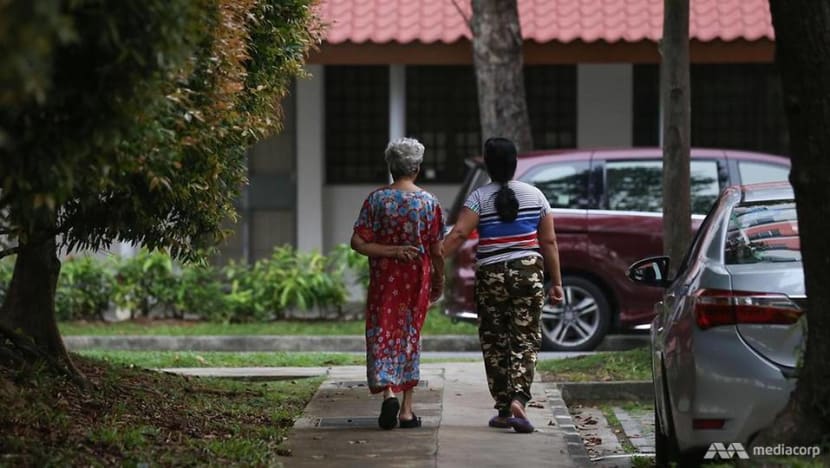The COVID-19 pandemic has stripped many migrant domestic workers of employment options, forcing them to choose between abusive work environments and the risk of being sent home. As the pandemic worsened and Singapore’s borders closed, the number of new domestic workers allowed into the country dwindled. Employers began rejecting transfer requests, confining workers to their homes and asking them to work overtime. At the same time, faced with the uncertainty of obtaining a transfer, many workers looking to leave abusive environments decided to extend their contracts or remain with their employers. In fact, the number of employees requesting to transfer during the pandemic. Many more domestic workers that I spoke to had to take on an increased workload, by .
I spoke to several domestic workers to learn more about the agonizing decisions they were forced to make during the past two years.
For many women, the risks of staying in abusive jobs were pit against the uncertainties of transferring. One woman I spoke to had been patiently waiting to leave a difficult employer after her contract was finished, to avoid damaging her employment record. But when her contract finally ended, the pandemic was at its peak and she grew scared of not having her transfer approved or finding a better family to work for. “I have to stay, to renew my contract,”’ she said. Her family depended on her.
She prayed her employers would treat her better. Instead, the abuse worsened. One night, six months into her new contract, she decided she had enough and asked to be let go. Her relief after leaving the employers was quickly replaced with anxiety about her future. Luckily, after a week of interviews, she signed with a new employer who she describes as considerate and understanding. She found peace and happiness there.
Many others described heightened levels of abuse during the pandemic. One worker recounted with tears in her eyes how she lost 8kg and became suicidal after working for an elderly woman whose family became increasingly abusive, forbidding her from eating food in the fridge and monitoring her with CCTV cameras. “I feel so useless and think so little of myself because of the way I’m treated. It’s as if I’m not a human being, like them,” she said. She worried the process of transferring during the pandemic would be too difficult, but ultimately decided to look for another employer. She is now working for a single father who treats her with kindness and respect. There is no more yelling, no more verbal abuse and she gained back the weight she lost, and even a little extra.
Other women suffered the aftershocks of disruptions in their employers’ lives. One migrant domestic worker I spoke to was given one month to find a new family after her employers found their bank accounts squeezed by the pandemic. “We’re sorry, we have to let you go,” they told her. “Things are not going well for us.” She scrambled to interview with different families, and get her paperwork to the Ministry of Manpower, but her employment request was denied three times before it was approved. The turbulence caused her tremendous anxiety, but she finally found a great family to work for.
I hear the despair and agony that these workers went through, but I am also inspired to see their courage in the face of the unknown. In the face of tremendous difficulty, they discovered their voices and sought out better situations for themselves and ultimately, their loved ones. I tell them to keep the faith and to not give up hope.
Jo Ann A. Dumlao
HOME volunteer and MyVoice contributor
Photo is taken from Channel NewsAsia and used for illustration purposes only.

